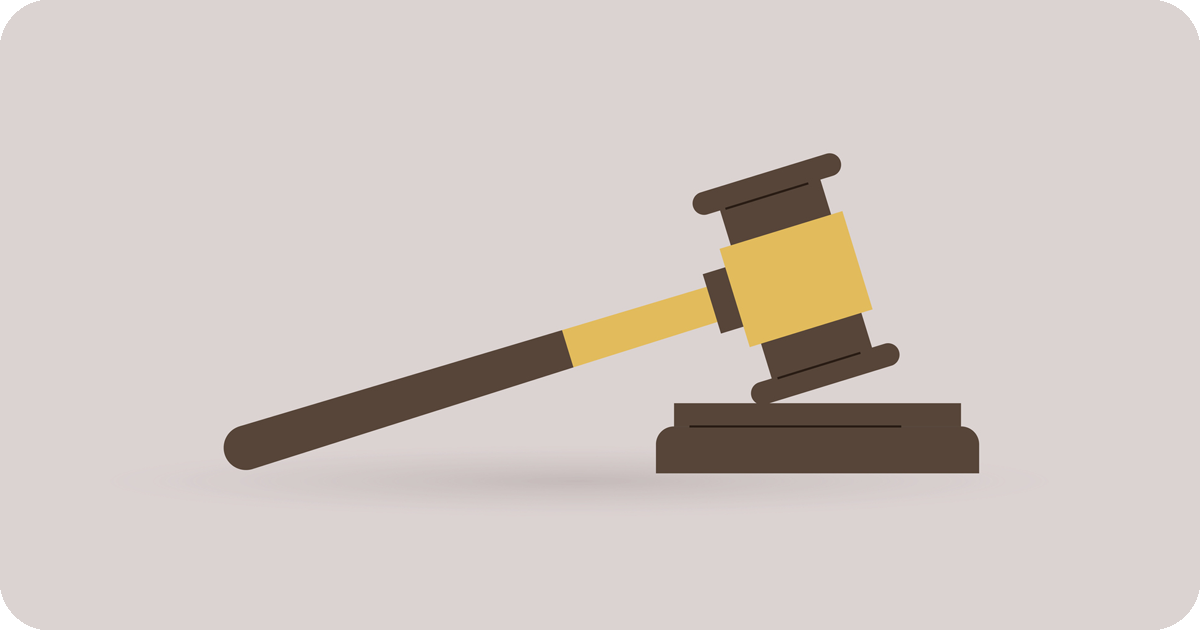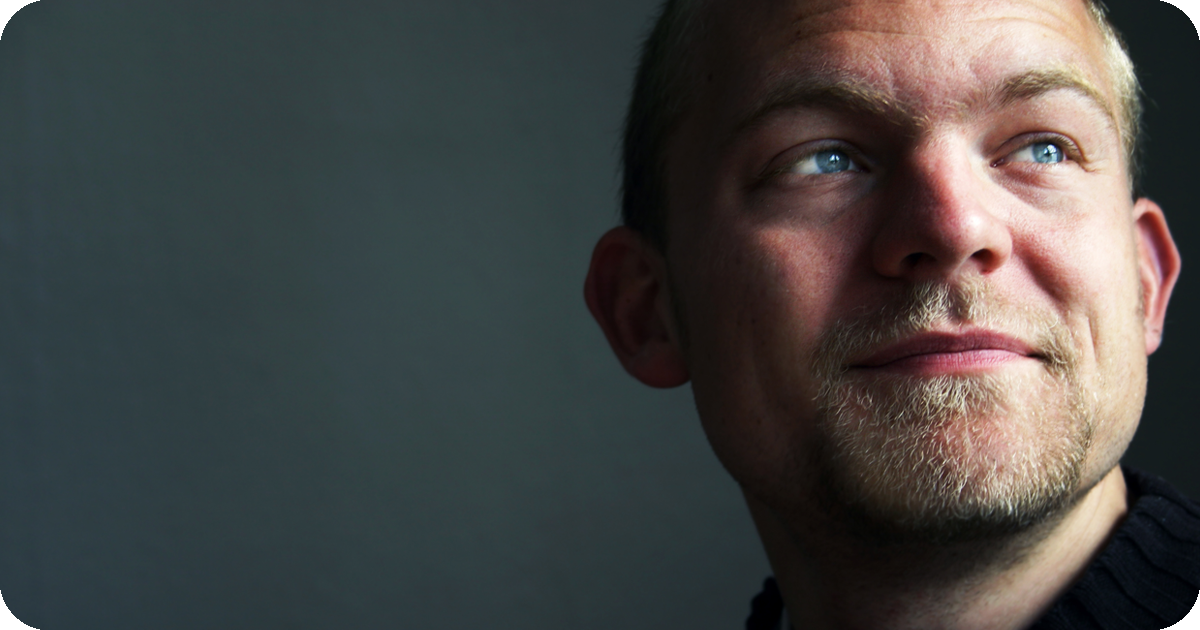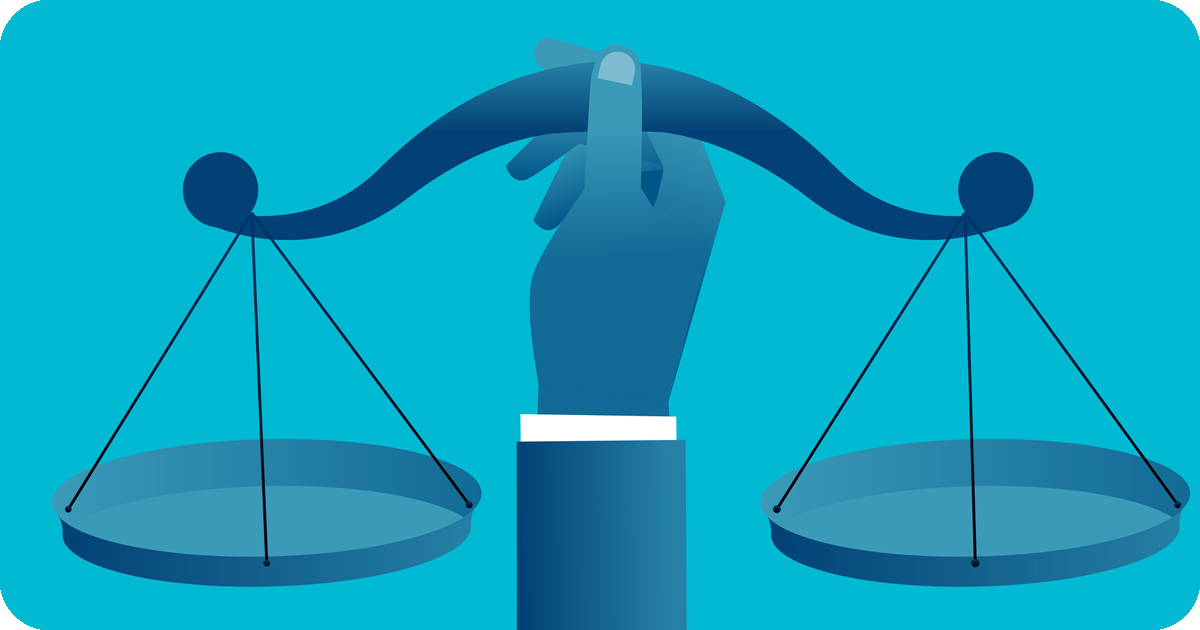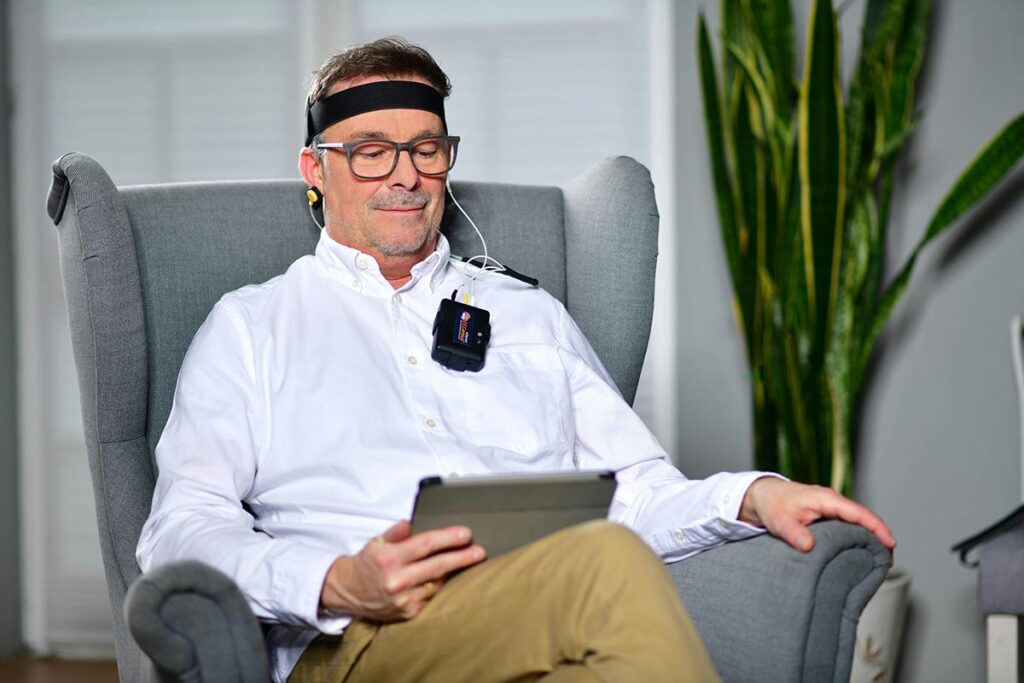Those who are suffering from substance use disorders or psychiatric and negative mental health issues may find themselves facing the legal system as a consequence. Rehabilitation is sometimes presented merely as an option for avoiding any punishment that would arise at the results of the case. Though consequence avoidance should not be the driving force for seeking help, there are some positive reasons for an individual’s decision to seek help and recovery for their substance abuse that will affect both their legal outcomes and – most importantly – their personal health.
The Substance Abuse and Mental Health Services Administration (SAMHSA) has studied the impacts of incarceration on the negative mental health and substance-use communities. They have concluded that without treatment, individuals who go through the legal system are likely to reoffend because of many barriers to a successful life: lack of health care, lack of job skills, lack of education, lack of stable housing, and poor connections with behavioral health providers.
These factors can drive individuals to relapse and increase the probability of re-arrest. [1]US Department of Health and Human Services. (2022, March 2). About Criminal and Juvenile Justice. Substance Abuse and Mental Health Services Administration. Retrieved June 17, 2022, from … Continue reading Through their work, they seek to train the legal system to screen and provide support for individuals who may benefit from professional rehabilitation services. This makes a strong case for how rehabilitation can help with legal issues while in recovery.
Can entering rehab improve a pending legal case before the final outcome has been decided?
How Entering Rehab May Influence My Legal Ruling
No matter which type of legal case you find yourself facing, it is important to lean into the first step of any kind of recovery: honesty. Coming to terms with where you stand personally and legally is the first step toward receiving the help that you need. Once you have acknowledged the challenges ahead of you, seeking out a legal professional to guide you through the process is important. In determining how rehabilitation can help your legal case, start with the end in mind. Understanding the worst-case scenario could help you see the benefits of rehabilitation.
Generally, there are three legal systems that a person may find themselves facing: criminal, civil, or family. Criminal law handles cases in which laws are broken, civil law oversees cases of personal injury, wills, property, and more, and family law primarily governs divorce and child custody cases. Each presents its own set of legal challenges.
Criminal Cases
When it comes to criminal cases, the end result could mean that you are facing time in prison. However, several mitigating circumstances are taken into account when a sentence is decided:
- The role of other defendants
- The harm caused by the defendant
- Defendant’s culpability
- Recidivism
- Acceptance of responsibility or remorse
- Hardship
Family Law

Healthy relationships are built on love, honesty, and care. When facing the dissolution of a marriage relationship through divorce, child custody, or other family legal issues can be frightening and painful. However, knowing and addressing the potential impact of addiction and negative mental health that led to these circumstances is vital.
In the instance of custody battles, your history will play a significant role in the outcome. The ultimate decision in such cases comes down to the safety and welfare of the child and whether the guardian will provide a home that is in the child’s best interests. Because addiction and negative mental health issues could cause physical, emotional, or financial harm to a child, options for primary custody are significantly reduced.
Additionally, courts will take into account studies that have shown the negative impacts on children who are raised in homes with addiction and substance abuse in at least one parent as these children are significantly more likely to develop emotional, behavioral, or substance abuse problems themselves. [3]Lander, L., Howsare, J., & Byrne, M. (2013). The impact of substance use disorders on families and children: from theory to practice. Social work in public health, 28 (3-4), 194–205. … Continue reading
In the cases of divorce, rehabilitation may be the key to saving the legal proceeding altogether before it even begins. Particularly in young adults, addictive behaviors were one of the early indicators of later divorce. [4]Collins, R.L., Ellickson, P.L. and Klein, D.J. (2007), The role of substance use in young adult divorce. Addiction, 102: 786-794.https://doi.org/10.1111/j.1360-0443.2007.01803.x Addressing the psychological and negative mental health issues that result in addictive behaviors early in your relationship can save you from losing that relationship in the long run.
Civil Cases
Rehabilitation tends to be less influential when it comes to civil legal proceedings. While your culpability in these cases may have been influenced by addiction, substance abuse, or negative mental health issues, civil cases are between two individuals. The levetl of financial responsibility is based on your level of responsibility for the injury. However, this should not be a factor that influences whether or not you seek help.
Governor Newsom’s CARE Court
Governor Gavin Newsom’s Community Assistance, Recovery and Empowerment (or CARE) Court allows courts to compel people with serious mental illnesses and substance use disorders into treatment.
CARE Court is about acting with compassion to support the thousands of Californians living on the streets. The proposal prioritizes the most sick for behavioral health, medication, and housing, while preventing arrests and conservatorships.
How Can Treatment Help With Legal Issues

Treatment facilities will have services and systems in place to help you continue your growth. Within treatment facilities, a case manager will help you by handling almost any situation outside of recovery that may arise: family needs, doctor’s appointments, and even legal problems. Working with a lawyer, they will help in the communication process and take care of setting up any court appointments or probation updates that are necessary. Their expertise in helping you with your legal issues while in recovery can eliminate destructive stressors.
When Legal Action Requires Rehabilitation
When facing legal ramifications, rehabilitation facilities may not be optional. The purpose of many legal situations is to literally “rehabilitate” a person to reintegrate into society. In some cases, the system may view your entrance into rehabilitation as more beneficial than the prison system. In these cases, you may be assigned to court-ordered treatment.
It may come with additional penalties, but it is the court’s way of trying to help you on the road to recovery. In these situations, you may feel less motivated to complete a program. However, studies have found that offenders ordered to complete treatment may start with low motivation, but are actually retained longer, providing the time needed to experience change because they are faced with the threat of further incarceration. [5]Coviello, D. M., Zanis, D. A., Wesnoski, S. A., Palman, N., Gur, A., Lynch, K. G., & McKay, J. R. (2013). Does mandating offenders to treatment improve completion rates?. Journal of substance … Continue reading
Seeking Recovery For Your Own Benefit

Remember that the desire to avoid punishment should not be the sole factor in your motivation to seek recovery. Through professional recovery, you are committing to changing the person you were by gaining the support to become the person you know you are and can be. By establishing the healthy structures and supports to help you move beyond your addiction, substance abuse, or negative mental health, you can begin to live a life free of worry and full of hope.

Therapist
A former professional and one-time World Champion athlete, David hurt his back in competition and subsequently developed an addiction to his prescribed pain medication. After completing his own stay in treatment, David discovered both meaning and purpose in helping others find recovery and walked away from a prestigious J.D./M.B.A program to focus on psychology full-time. After completing his Master’s in Psychology, he began pursuing his Doctor of Social Work degree from The University of Southern California.
Sources:
| ↑1 | US Department of Health and Human Services. (2022, March 2). About Criminal and Juvenile Justice. Substance Abuse and Mental Health Services Administration. Retrieved June 17, 2022, from https://www.samhsa.gov/criminal-juvenile-justice/about |
|---|---|
| ↑2 | Hessick, C. B., & Berman, D. A. (2016, March). Towards a Theory of Mitigation. Boston University Law Review, 96, 161-218. Retrieved June 17, 2022, from https://www.bu.edu/bulawreview/files/2016/03/HESSICK.pdf |
| ↑3 | Lander, L., Howsare, J., & Byrne, M. (2013). The impact of substance use disorders on families and children: from theory to practice. Social work in public health, 28 (3-4), 194–205. https://doi.org/10.1080/19371918.2013.759005 |
| ↑4 | Collins, R.L., Ellickson, P.L. and Klein, D.J. (2007), The role of substance use in young adult divorce. Addiction, 102: 786-794.https://doi.org/10.1111/j.1360-0443.2007.01803.x |
| ↑5 | Coviello, D. M., Zanis, D. A., Wesnoski, S. A., Palman, N., Gur, A., Lynch, K. G., & McKay, J. R. (2013). Does mandating offenders to treatment improve completion rates?. Journal of substance abuse treatment, 44 (4), 417–425. https://doi.org/10.1016/j.jsat.2012.10.003 |




















